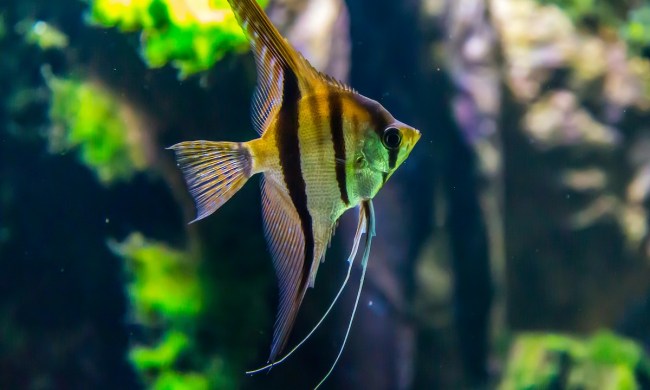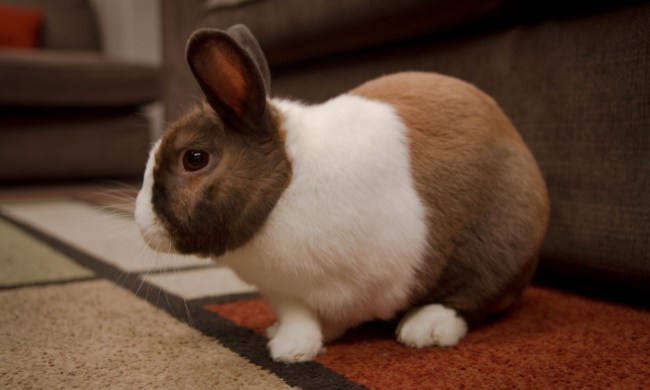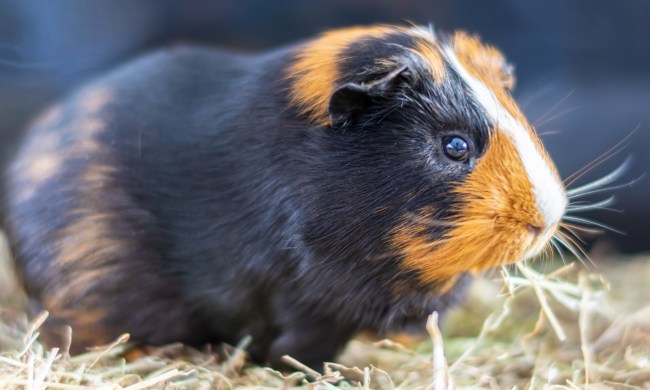Both hamsters and guinea pigs can make excellent small pets for kids and adults, and they’re often well-suited for new pet owners. While both of these pets are tiny and fuzzy and take up less space than cats or dogs, there are some key differences between them. If you’re considering bringing home one of these small pets, understanding the difference between hamster and guinea pig health, care, and costs can help you choose the pet that’s right for you.
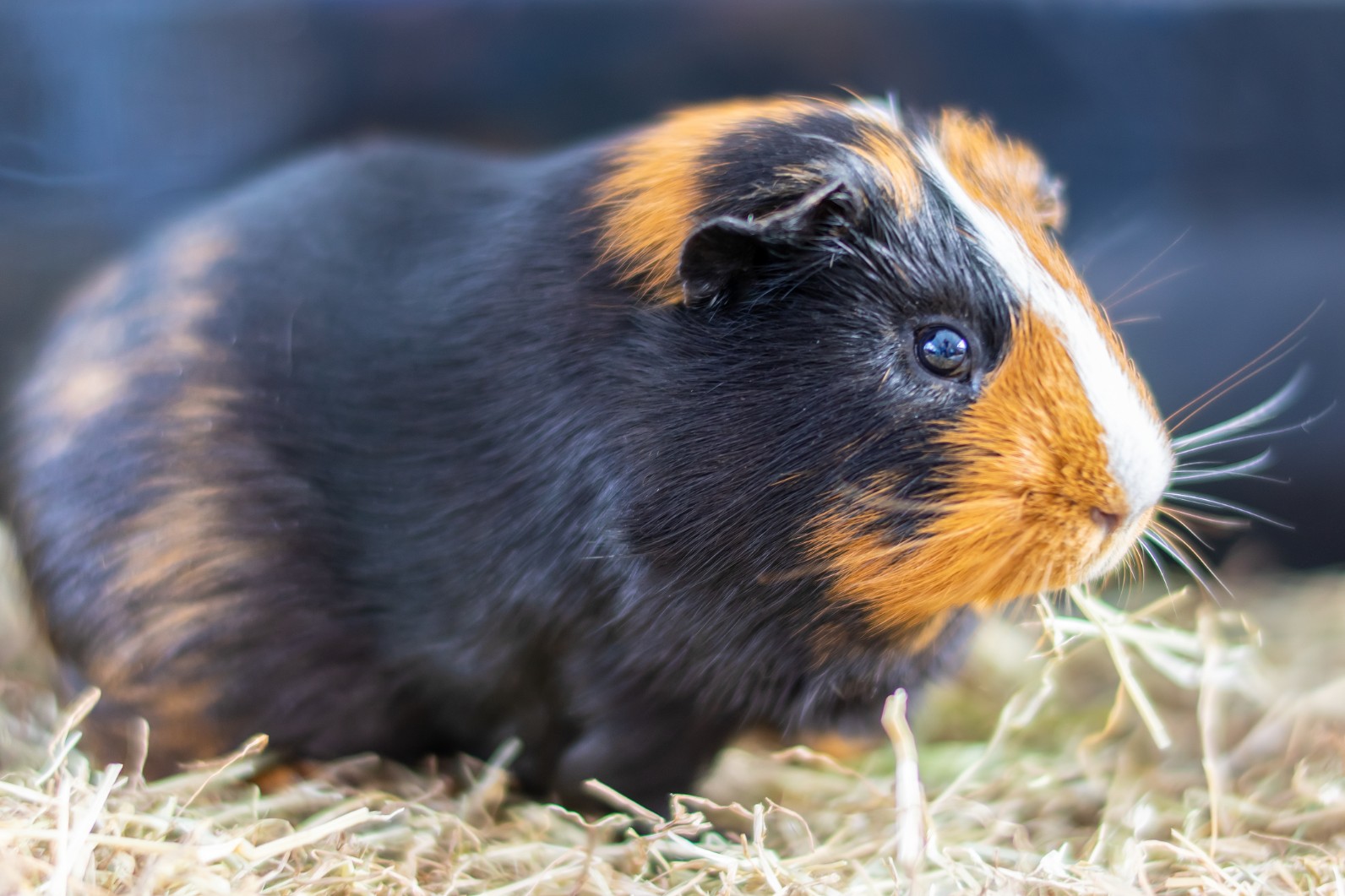
Hamster vs. guinea pig: Behavior and life span
Many first-time pet owners opt for hamsters because of their compact size. With proper training, handling, and socialization, hamsters can be cuddly and affectionate, but hamsters can fight with each other, so it’s best to keep only one hamster per cage. Hamsters are also nocturnal, so be prepared for your new furry friend to be running on his exercise wheel and making noise at night. If you’re a light sleeper, you may want to plan to keep your hamster in a space like a living room, instead of your bedroom.
Unfortunately, hamsters don’t have terribly long life spans. Most live just two to three years, and saying goodbye to a pet after such a short time can be hard for kids.
Guinea pigs live considerably longer, with average life spans ranging from four to eight years. They’re also highly social, so you can keep same-sex piggies together in the same cage. Because guinea pigs are larger than hamsters, they’ll need more cage space. With socialization, your guinea pig can learn to happily sit in your lap or enjoy spending time with you. Guinea pigs take lots of naps both during the day and at night and are active between those naps.
Hamster vs. guinea pig: Care requirements
Both hamsters and guinea pigs need daily care, including fresh food and water and plenty of attention and playtime. Hamsters can live well in a smaller enclosure, and commercially available hamster cages or even small aquariums work well. Want to know what to feed hamsters? You can take a look at our guide to get informed. Guinea pigs require larger cages, especially if you have a pair of piggies. Plan to clean cages at least weekly to minimize smells and keep your pet healthy.
Exercise is an important requirement for both types of pets. Hamsters will often play with exercise wheels and toys right in their cage. Guinea pigs, too, will play with toys, but they’ll also benefit from plenty of time out of their cage to explore and stretch their legs.
Both hamsters and guinea pigs will instinctively gnaw, and they need access to chew sticks or toys to grind down their teeth so they stay comfortable and functional. Guinea pigs will also need regular nail trims.
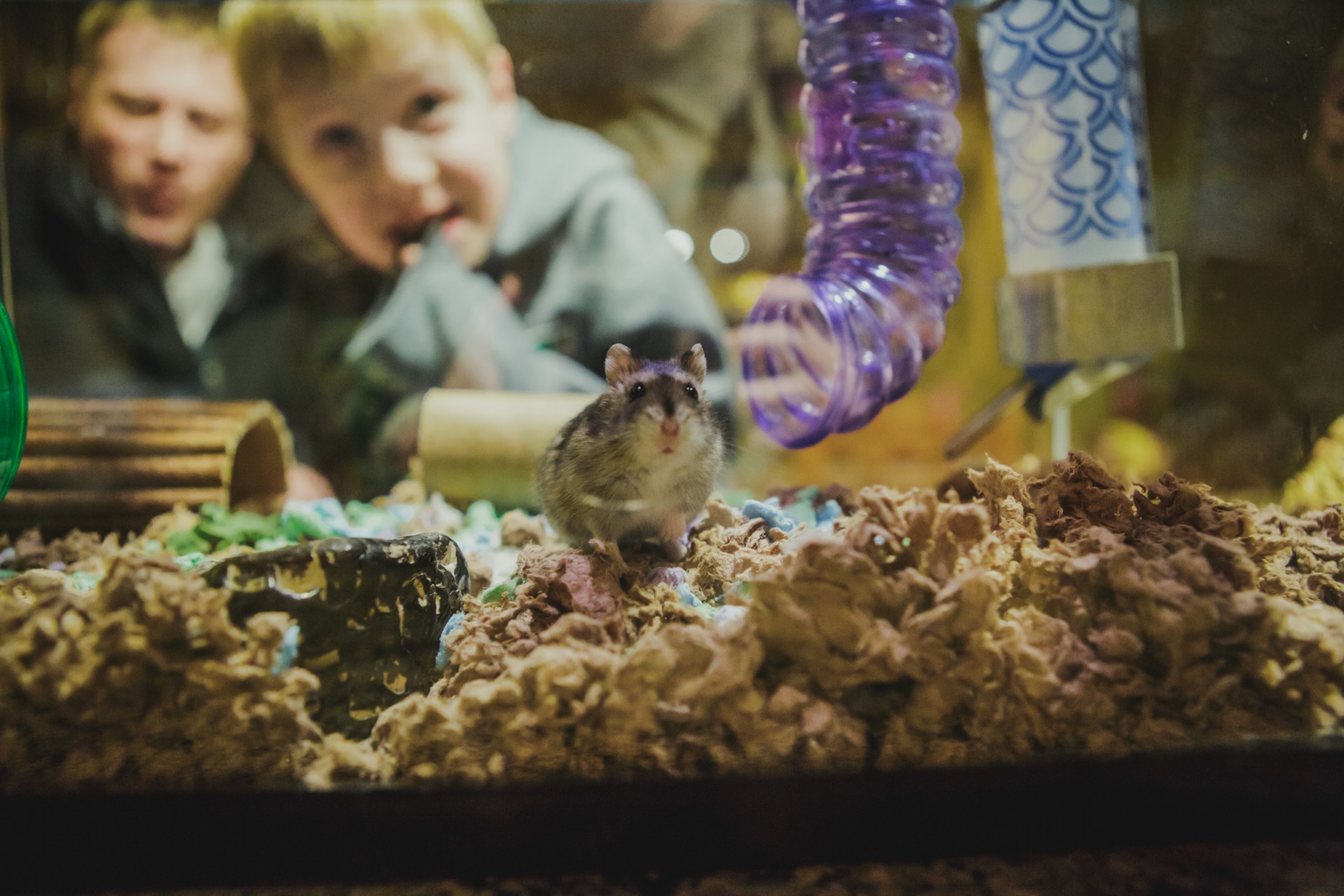
Hamster vs guinea pig: Overall costs
One significant difference between hamster and guinea pig ownership is the cost of each pet. Hamsters cost an average of $10 to $20, while guinea pigs are more expensive, typically ranging between $20 and $40 each. Guinea pig cages are also more expensive, mainly because they’re larger than hamster cages.
Commercial food is available for both hamsters and guinea pigs, but guinea pigs eat more and will have higher food bills. Guinea pigs also need access to hay, while hamsters don’t need this extra feed element.
When you own a guinea pig, you’ll also face vet care costs that aren’t as common with hamsters. Your vet may recommend that your guinea pig have an annual wellness exam to monitor his health. It’s uncommon for vets to see hamsters for wellness appointments, and vet care for hamsters is more limited. If you own a hamster, you’ll probably seek out a vet only in an emergency, but keep in mind that even a single vet appointment can be expensive.
Choosing the pet that’s right for you
Both guinea pigs and hamsters can be wonderful pets. Their small size and affordability make them ideal for many pet owners and families. Both are cuddly and lots of fun to watch as they play and explore. But differences like hamsters’ nocturnal habits and the ability to keep multiple guinea pigs together mean you’ll want to think carefully about which pet is right for you. Questions to ask yourself include:
- How much space do I have in my home?
- How long do I want to own a pet?
- How much do I want to interact with my pet?
- Is a nocturnal pet right for me?
- What’s my budget?
With the answers to these questions, and with some research and careful consideration, you can add a pet to your home that your whole family will enjoy and love for years to come.
